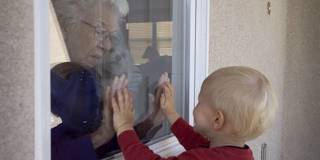Is Age Discrimination Acceptable?
When the coronavirus overwhelmed Italy’s health-care system, a working group of the Italian Society of Anesthesia, Analgesia, Resuscitation, and Intensive Care reluctantly supported rationing by age. They were right to do so.

MELBOURNE – Should we value all human lives equally?